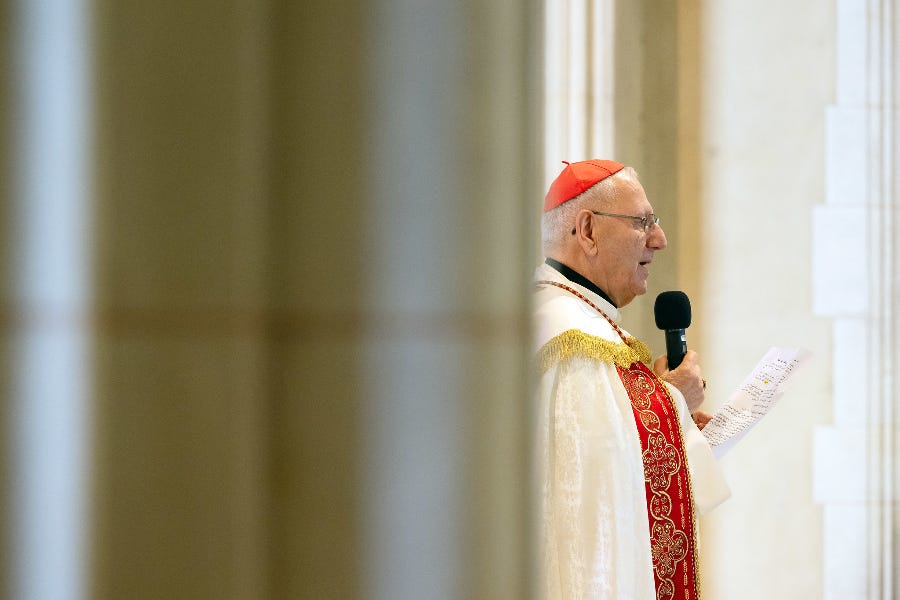Chaldean Catholic bishops call for unity
In Iraq, bishops say division leads to 'ruin'
Chaldean Catholic bishops have urged their flocks worldwide to show “unity and togetherness,” in a message sent from their synod meeting in the Iraqi capital, Baghdad.
In the July 17 message, the bishops encouraged the more than 600,000 members of the Chaldean Catholic Church to r…

